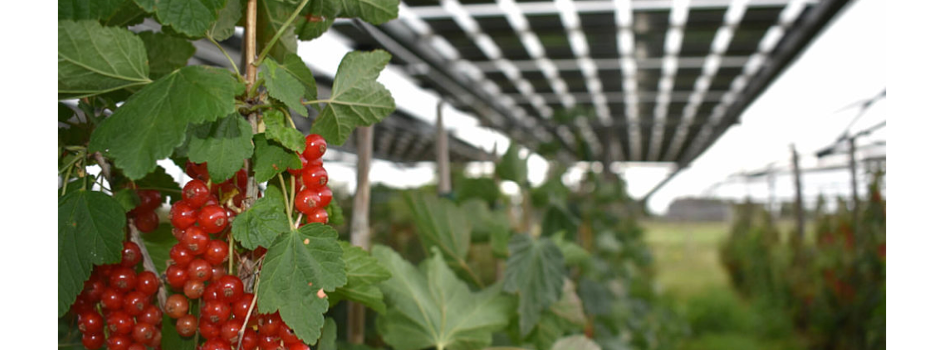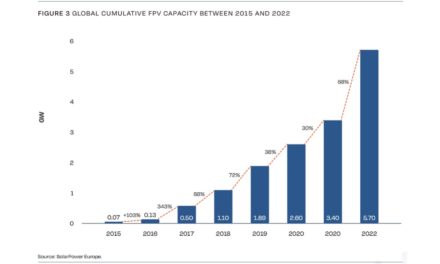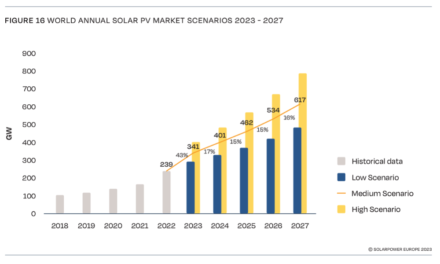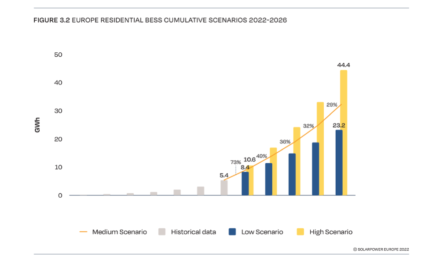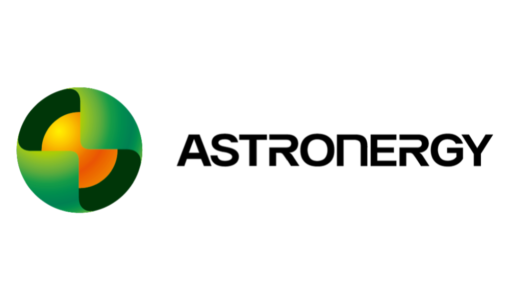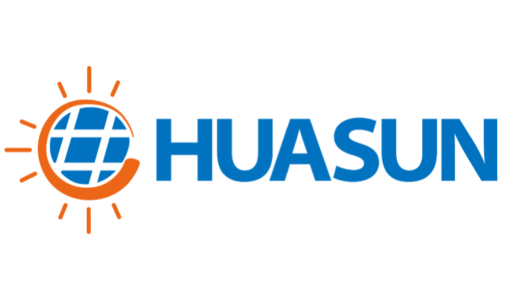- SPE has launched Agrisolar Best Practice Guidelines to encourage streamlined agrivoltaic project developments
- It offers 19 best practices agrisolar practices to develop successful projects in this space
- The standard guidelines can boost the sustainable rural development while increasing biodiversity protection and generating jobs
- The authors demand supportive regulatory framework to promote this concept
Going by the growing popularity of agrivoltaic projects globally, European solar PV lobby association SolarPower Europe (SPE) has launched its Agrisolar Best Practice Guidelines which throws light on the main business models and benefits of agrisolar.
Launched during its recent SolarPower Summit, the report offers guidelines to establish standards and best practices for different agrisolar business models, which it believes will build trust and create a dialogue with policymakers, support the harmonization of national frameworks. The 19 best practices also advise anyone interested in developing a successful agrisolar project to develop it both as an agricultural as well as a PV project, said Chair of SPE’s Agrisolar Workstream, Eva Vandest.
This 1st edition of the report is a result of collaboration between solar and agricultural stakeholders, which the SPE believes, is essential to enabling society move away from traditional land-use competition to bringing in synergies between agriculture and renewable energy.
Standard practices as laid down in the guidelines can boost sustainable rural development and increase biodiversity protection, it added for instance it can reduce single-use plastics, can create spaces for wild flora and fauna to thrive, and can minimize the water needs of crops.
“We will maximise these benefits if Agrisolar project always begin by defining what we have called the ‘Sustainable Agriculture Concept’. By integrating this approach into the project development, developers of Agrisolar projects will ensure the project functions correctly as an agricultural project and as a PV generation installation, in addition to delivering socioeconomic and environmental services,” said SPE CEO Walburga Hemetsberger.
Report writers call out the policymakers to develop sound agrisolar frameworks that make permitting procedures easier and quicker which would unleash the benefits of agrisolar business models to get over regulatory and administrative barriers. They want targeted financial and technical support in the forms of grants and feed-in-tariffs (FIT) to be provided to farmers and communities who develop smaller projects. For larger projects, there should be tendering schemes.
The guidelines are available on the website of SPE for free download.

